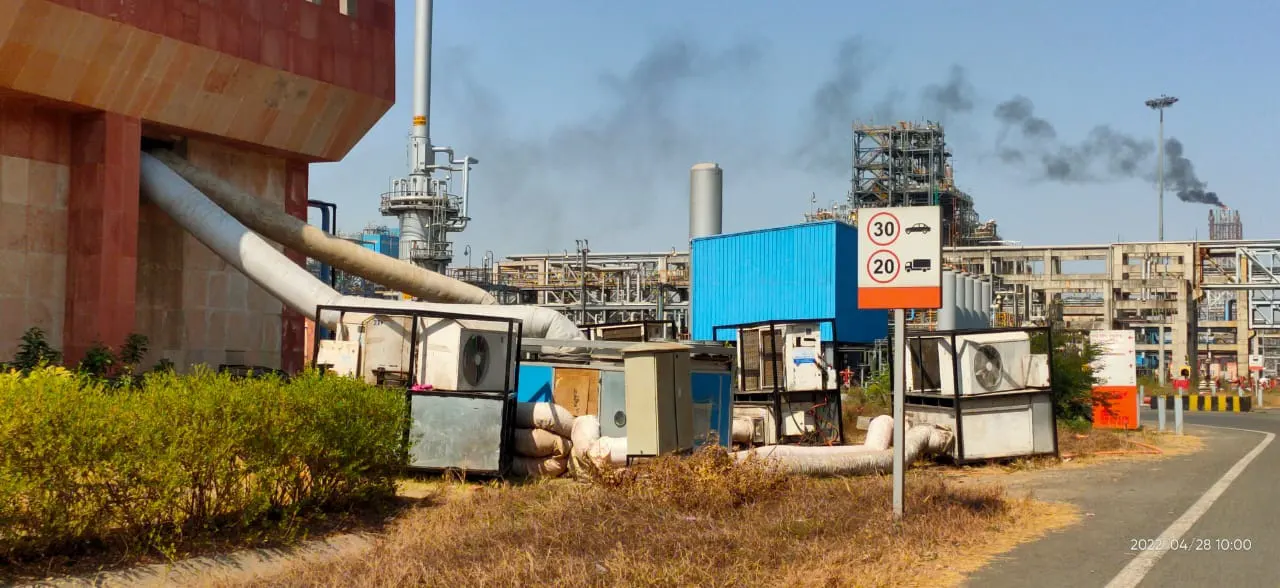Home » International » Niger Plans to Vaccinate Nearly 7 Million Children Against Poliomyelitis

In a monumental public health initiative, Niger plans to vaccinate nearly 7 million children against Poliomyelitis. This ambitious campaign aims to eradicate the debilitating disease, ensuring a healthier future for the nation’s youth. The strategy underscores Niger’s commitment to combating polio, a highly infectious viral disease that primarily affects children under the age of five.
The Urgency of Polio Eradication
Poliomyelitis, commonly known as polio, remains a significant threat in many parts of the world. Despite global efforts to eliminate the disease, it persists in several regions, causing paralysis and, in severe cases, death. Polio is transmitted through contaminated water and food, and it can spread rapidly in areas with inadequate sanitation.
Niger, located in West Africa, has faced recurring outbreaks of polio, exacerbated by its challenging socio-economic conditions and limited healthcare infrastructure. The announcement that Niger plans to vaccinate nearly 7 million children against Poliomyelitis reflects a crucial step towards safeguarding public health and achieving polio-free status.
Strategic Implementation of the Vaccination Campaign
The vaccination campaign in Niger is a collaborative effort involving the government, international health organizations, and local communities. The initiative is part of the broader Global Polio Eradication Initiative (GPEI), which has been instrumental in reducing polio cases worldwide.
To ensure the campaign’s success, Niger has adopted a multi-faceted approach. This includes extensive community outreach to educate the public about the importance of vaccination, deploying mobile health units to reach remote and underserved areas, and establishing vaccination points in schools, markets, and other public places.
The logistics of vaccinating such a large number of children present considerable challenges. However, with meticulous planning and coordination, health workers are determined to overcome these obstacles. The use of oral polio vaccines (OPV), which are easy to administer and highly effective, will facilitate the mass vaccination efforts.
The Role of International Support
International support is pivotal in the success of Niger’s vaccination campaign. Organizations such as the World Health Organization (WHO), UNICEF, and Rotary International are providing crucial funding, technical expertise, and resources. These collaborations enhance the reach and efficacy of the campaign, ensuring that even the most vulnerable populations are protected.
The involvement of these global entities also brings advanced technologies and best practices to Niger, improving the overall health infrastructure. The announcement that Niger plans to vaccinate nearly 7 million children against Poliomyelitis has garnered widespread international attention, highlighting the global community’s solidarity in the fight against polio.
Community Involvement and Advocacy
Local communities play a vital role in the success of the vaccination campaign. Grassroots mobilization efforts are underway to engage community leaders, religious figures, and influencers in advocating for vaccination. Their involvement helps dispel myths and misinformation about vaccines, fostering trust and acceptance among the populace.
Educational campaigns are also being conducted to inform parents and guardians about the safety and necessity of polio vaccination. These initiatives emphasize the long-term benefits of immunization, not just for individual children but for the community as a whole. As Niger plans to vaccinate nearly 7 million children against Poliomyelitis, community advocacy becomes a cornerstone of the campaign’s effectiveness.
The Long-Term Impact of Vaccination
The impact of this vaccination campaign extends beyond immediate disease prevention. By immunizing nearly 7 million children, Niger is investing in its future. Healthy children are more likely to attend school, grow into productive adults, and contribute to the nation’s socio-economic development.
Eradicating polio also alleviates the economic burden associated with treating the disease and caring for those affected by its long-term consequences. The resources saved can be redirected towards other critical areas of public health and development.
Furthermore, the campaign strengthens Niger’s healthcare system, enhancing its capacity to respond to future health crises. The skills and infrastructure developed through the polio vaccination initiative can be leveraged for other immunization programs and health interventions.
Challenges and Overcoming Obstacles
Despite the promising outlook, the vaccination campaign faces significant challenges. Political instability, logistical hurdles, and resistance from certain segments of the population can impede progress. However, the collaborative efforts of the government, international partners, and local communities are geared towards addressing these issues.
Ensuring the safety and security of health workers in conflict-prone areas is a priority. Innovative solutions, such as using GPS technology to map and monitor vaccination coverage, are being employed to enhance efficiency and accuracy.
Conclusion
In conclusion, the announcement that Niger plans to vaccinate nearly 7 million children against Poliomyelitis is a landmark moment in public health. This comprehensive campaign not only aims to eradicate polio but also to fortify the nation’s healthcare infrastructure and improve overall health outcomes. With robust international support, community engagement, and strategic implementation, Niger is poised to make significant strides towards a polio-free future. This initiative serves as a testament to the power of collective action in addressing global health challenges, underscoring the importance of continued vigilance and cooperation in the fight against polio.




